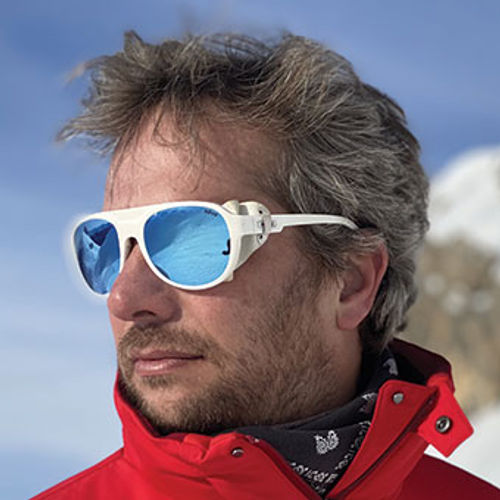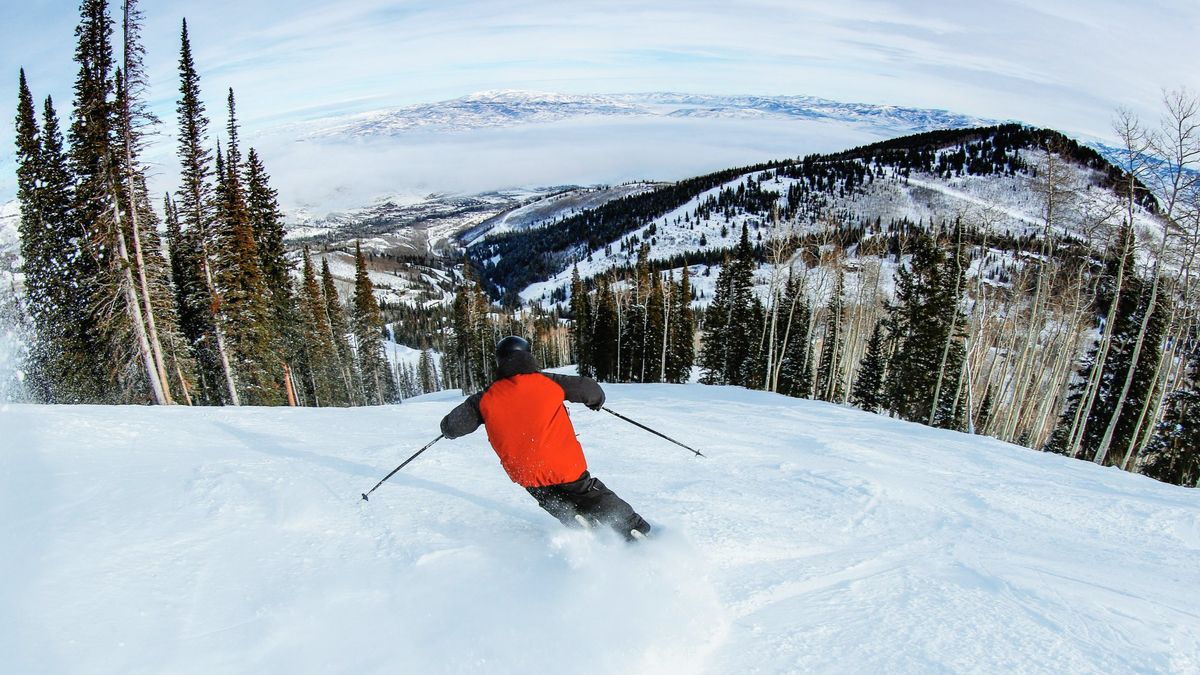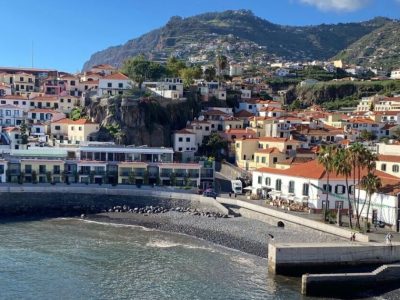Ski industry giant Vail Resorts is stepping up its engagement with ski tour operators and the travel trade.
The move, tour operators say, represents a substantial shift for the Colorado-based operator of 42 ski resorts, which over the past several years has tilted its distribution strategy toward the direct market, largely by selling products at a discount to holders of its multi-mountain Epic Pass.
Vail launched a promotion in March that gives tour operators the chance to earn standard commissions while booking Vail-owned hotels at the same 20% discount rate that it offers through the direct-to-consumer Epic Mountain Rewards discount program.
“Our intention with this promotion is to provide our valuable wholesale partners with lodging rates that are in line with the Epic Mountain Rewards pricing that can be found online when booking directly,” reads a Feb. 19 email that Vail sent to travel sellers. “If we show significant, quantifiable production with this wholesale-exclusive lodging promotion, we will be more likely to be able to extend this pricing beyond the parameters of the early booking offer.”
Tour operators say the offer, if not extended, lasts through June 30.
Vail Resorts has launched other offers geared toward re-motivating tour operators to sell Vail products.
For example, at Whistler Blackcomb, the company is offering ski and snowboard rental prices that are exclusive to wholesalers for bookings taken by Nov. 30, with larger discounts for rentals of six days or longer.
Vail Resorts declined to speak specifically about its new wholesale promotions, but in an emailed statement, spokesman John Plack said the company continues to innovate on how it reaches customers.
“We know that skiers and riders book their trips in many different ways, and just like the customizability of the Epic Pass, we strive to meet our guests where they are, providing them with the most seamless travel experience possible,” Plack said.
Vail’s earnings report in early March could offer a clue about the company’s new outreach to tour operators. The company reported year-over-year growth of 6.9% for pass and lift ticket revenue for the first quarter of its fiscal year, which ended in January. Ski school revenue was also up.
However, lodging revenue for the quarter was down 4.3% year over year due to a decrease in destination skier visits at Vail’s 11 resorts in North American West. Vail attributed that downturn to an ongoing, industrywide shift by consumers toward taking ski vacations later in the season. The company also said bad early season snow in 2023-24 impacted consumer behavior this year.
Still, tour operator alienation, resulting from strategic moves Vail has made in recent years, could also be a factor.
Rick Reichsfeld, co-owner of Salt Lake City and Fort Lauderdale-based Alpine Adventures, said the share of Vail products his company sells has dropped at least 50% over the past four years, driven by Vail’s decision to offer discounts through Epic Mountain Rewards that were not available to his company.
“Once the Epic Pass took hold and was driving their revenue and stock price, they kind of started cutting us out a little,” Reichsfeld said.
He recalled putting together a couple of big trips a few years ago but losing them after the customers learned they could get better prices directly through Vail.
“Now they’re seeing the value in us and trying to come back,” Reichsfeld said.

Eduardo Gaz
Eduardo Gaz, CEO of TTW Group, whose tour operator brands are SkiBrasil and SkiUSA, said his company did 12% less volume with Vail Resorts last year than it did in 2018. Its numbers with Vail are up 6% this year so far but are still tracking below that 2018 level.
Gaz said that tour operators like his can bring ski resorts high-end customers that they wouldn’t have as much access to through direct sales. Tour operators also help match clients to their experience of choice, which results in higher customer satisfaction for suppliers like Vail and added revenue on upsells such as spas and dining.
The general sentiment among tour operators in recent years, said Gaz, has been that Vail doesn’t value them as much as other ski industry operators and hoteliers.
“We feel we’re missing the love that we had 20 years ago,” he said.
But Vail’s recent outreach has Gaz feeling better.
“Vail is certainly working a lot closer to the wholesalers,” he said. “They are valuing the partnership and respecting each player’s space. Rest assured there is a lot of effort being put into direct consumers, but not in detriment of the established relations and existing channels.”
Vail might be pricing out ski clubs
A key potential weakness for Vail within the group and wholesale markets is with ski clubs.
These clubs, which proliferate around the U.S., are a major player in the destination ski industry and typically arrange multiple group trips for their members each year to ski areas worldwide: the North American West, Europe and Japan. Some such clubs also do frequent day or weekend trips within their regional markets.
An example is the Boston Ski and Sports Club (BSSC), which has upward of 5,000 ski members, said Randy Friedman, its director of ski and travel.
In a typical year, the BSSC will do approximately three single-day outings per week to Northeast ski areas from December into April, approximately 10 to 12 overnight Northeast trips and six or seven weeklong trips farther afield in North America and Europe, he said.
Vail Resorts’ purchase of eight Northeast ski areas since 2017, among them Stowe, Okemo Mountain and Mount Snow, caused group prices at those mountains to immediately jump, Friedman said, citing Vermont’s Stowe as an example.
“After they fell under the Vail umbrella, when it came time for the next year’s lift ticket prices, the same person I’d worked with gave double the price of the last year,” he said. “So we couldn’t go to Stowe anymore. I’m sure her hands were tied.”
Vail did not comment for this story, and it does not share its sales strategy publicly.
Friedman said that Alterra Mountain Co., Vail’s largest U.S. competitor, has taken a different approach. Alterra owns Stratton and Sugarbush in the Northeast, and its Ikon Pass features several other major New England mountains, including Killington, Sugarloaf, Sunday River and Loon.
Friedman said he’s still able to work independently on group rates with Alterra mountains such as Killington. Alterra also gives the BSSC a group discount on Ikon Pass purchases. The result is that the club tends to organize regional trips at Ikon mountains and then, because its members have the Ikon Pass, takes its larger ski trips to Alterra-owned and Ikon-participating resorts, both in the North American West and in Europe, where Vail and Alterra also compete.
“They make it very easy,” Friedman said of Alterra.










